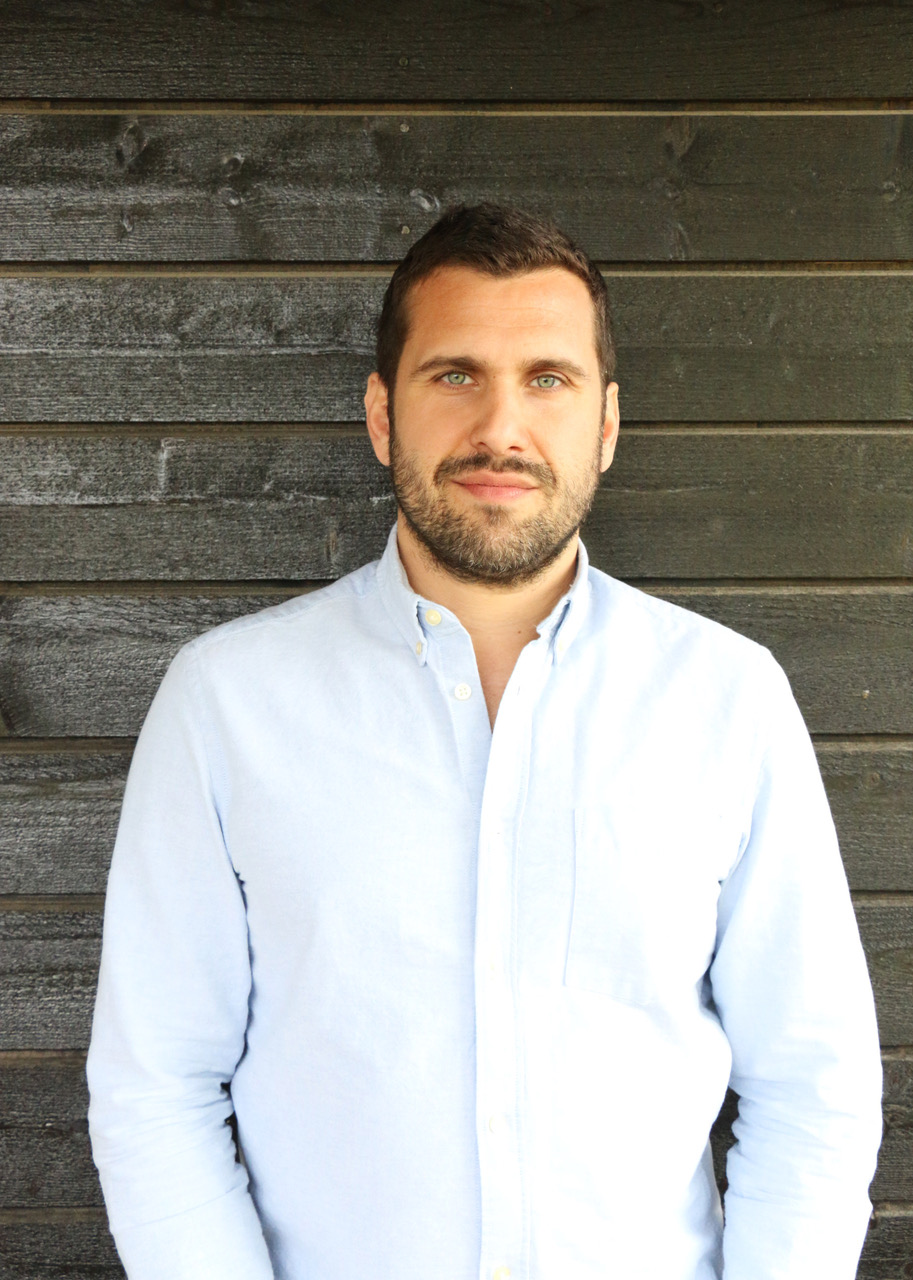Healthcare systems have a significant carbon footprint generated through basic infrastructure, medical diagnostic and surgical procedures, as well as patients post-operative hospital stays. There is a growing body of research across various countries looking to measure or estimate the amount of hospital energy consumption and related greenhouse gas emissions (GHGs).
A study done by González et al. (2017) estimated the annual amount of energy consumed in Spanish hospitals to be at about 0.27Mwh/m2 (Mwh = megawatt-hour) with 9.99Mwh/worker and 34.61Mwh/bed for standard operating procedures. The energy saving and efficiency guide for hospitals by Energy Foundation of the Community of Madrid (2010) stated the annual energy consumption by small hospitals was about 40,000kWh. Total energy consumption of Spanish hospitals ultimately amounts to about 20% of total consumption of the tertiary sector of Spain, which includes administration, transport, real-estate, education, health and social work.
The reason why these figures on energy consumption are so important is because they are, at least at present, still representative, or at least closely related to use of fossil fuels for the production of the energy. Taking the example from Spain, the study by Gonzalez et al (2017) highlighted that the healthcare system of Spain uses the equivalent of 5.2 toe/bed (toe = tonne of oil equivalent) per year. The use of fossil fuels for the production of electricity reflected in such numbers is what ultimately leads to GHGs.
Moving to the United Kingdom as a further example, Short et al. (2012) stated that 30% of the emissions generated by the public sector in the United Kingdom are linked to the healthcare system. The recent ‘Delivering a Net Zero NHS’ report highlighted that the NHS is currently responsible for about 4 % of United Kingdom’s total carbon emissions, which is equivalent to GHG emissions of 11 coal fired power stations. The energy consumption of critical care units, as a more specific example relevant to hospital-related GHG emissions, has been estimated at 7.01kg CO2 emitted per day per bed (Pollard et al., 2003).
In reaction to these problems, there are a variety of ongoing initiatives aiming at the reduction of healthcare system and hospital-related GHGs around the world (e.g. Greener NHS and Global Green and Healthy Hospitals). In addition to the available evidence for the significant amount of hospital-related GHGs, existing efforts at reducing them further underscore the significant amount of hospital GHGs, including those related with medical procedures and prolonged stays, and the need for reducing these using all available means. Precisely with this in mind then, it is worth considering the potential of pre-operative physiotherapy as an intervention that is not only effective in the treatment and rehabilitation of diverse ailments, but also as an effective intervention for the reduction of healthcare related GHG emissions.

Srishti Banerjee (MPT)
Assistant Professor

Filip Maric (PhD)
EPA Founder & Executive Chair
Filip Maric is a physiotherapy lecturer and researcher at the University of Tromsø, Norway’s University of the Arctic. He is interested in the outer rims of healthcare and physiotherapy, critical theory, practical philosophy, ethics, #EnviroPT, #PlanetaryHealth and sea kayaking.

It is well-established that preoperative physiotherapy aids in early post-operative recovery and health-related outcomes. Particularly worthy of note in the present context, however, is also its potential to reduce the length of post-operative hospital stays via the provision of pre-operative physiotherapy. To provide just a few examples, several studies have shown that: the use of pre-operative physiotherapy can reduce hospital stays following hip or knee arthroplasty from 10.5 to 6.5 days (Crowe and Henderson, 2003); pre-operative physiotherapy reduced post-operative stays after orthopaedic, abdominal, thoracic and cardiac surgeries (Pouwels et al., 2016); patients receiving pre-operative physiotherapy before a myocardial revascularization tend to do better on ventilatory parameters and this, in turn, led to a reduced post-operative hospital stays compared to patients that did not receive pre-operative physiotherapy (Sobrinho et al., 2014).
At present, we are lacking research regarding the environmental sustainability of physiotherapy interventions for themselves, as well as in comparison to other interventions. Nonetheless, these findings suggest that pre-operative physiotherapy at least has the potential to decrease the consumption of hospital energy and associated GHG emissions by reducing post-operative hospital stays. This could be an essential and thus far largely overlooked means to lighten the environmental and healthcare burden produced by the carbon footprint of the health care sector.
References
Crowe, J., Henderson, J. (2003). Pre-Arthroplasty Rehabilitation is Effective in Reducing Hospital Stay. Canadian Journal of Occupational Therapy, 70(2):88-96. doi:10.1177/000841740307000204
Energy Foundation of the Community of Madrid (2010). Guía de Ahorro y Eficiencia Energética en Hospitales; Energy Foundation of the Community of Madrid: Madrid, Spain, 2010.
González González, A., García-Sanz-Calcedo, J., Salgado, D.R. (2018). A quantitative analysis of final energy consumption in hospitals in Spain. Sustainable Cities and Society, 36: 169-175. doi:10.1016/j.scs.2017.10.029
Pollard, A.S., Paddle, J.J., Taylor, T.J., Tillyard, A. (2014). The carbon footprint of acute care: how energy intensive is critical care? Public Health, 128(9): 771-776. doi:10.1016/j.puhe.2014.06.015
Pouwels, S., et al. (2016). Preoperative exercise therapy in surgical care: a scoping review. Journal of Clinical Anaesthesia, 33: 476–490. doi:10.1016/j.jclinane.2016.06.032
Sobrinho, M.T., Guirado, G.N., Silva, M. (2014). Preoperative therapy restores ventilatory parameters and reduces length of stay in patients undergoing myocardial revascularization. Brazilian Journal of Cardiovascular Surgery, 29(2), 221-228. doi:10.5935/1678-9741.20140021


Trackbacks/Pingbacks